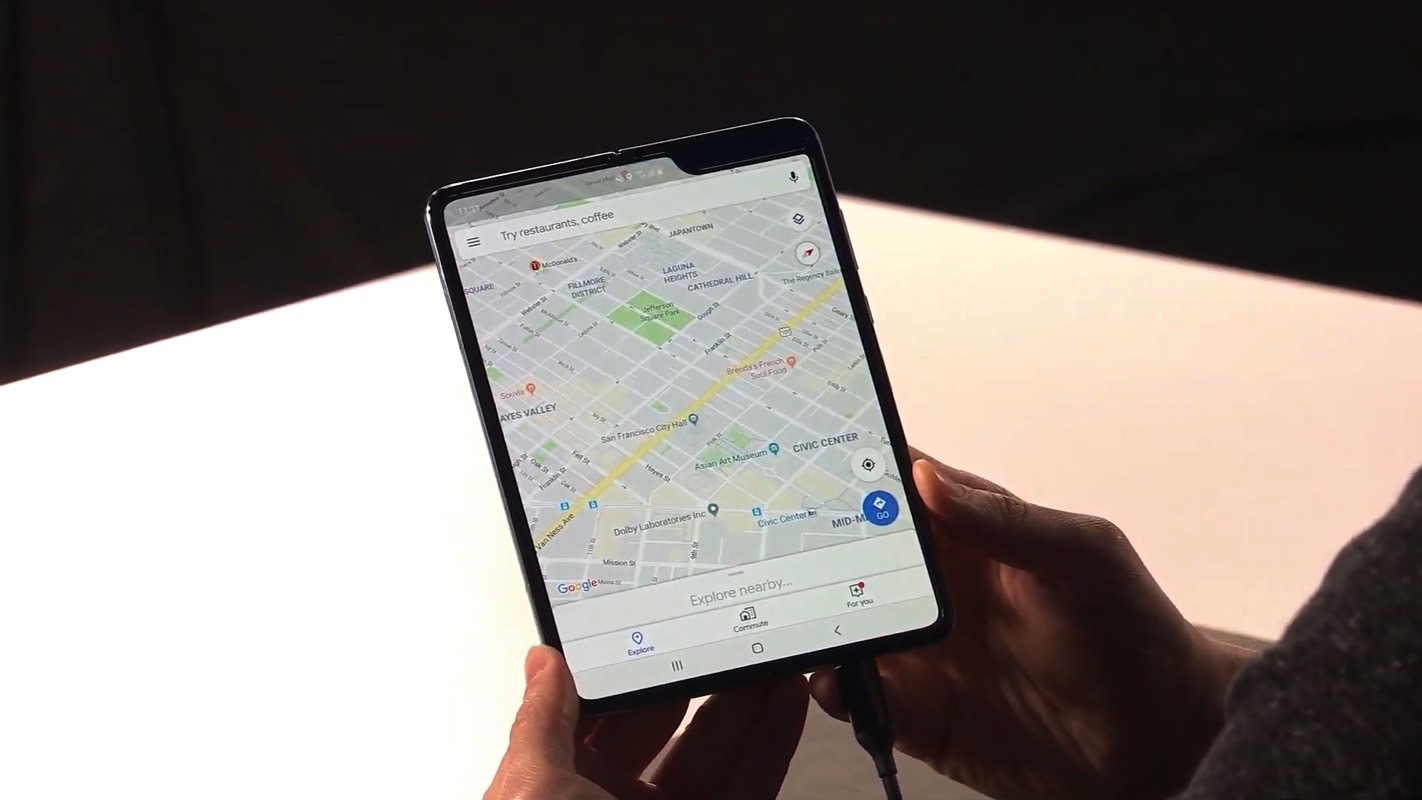Samsung: We Will Remain The Global Smartphone Leader For The Next Decade
Never mind that Samsung Electronics Co., the global smartphone maker leader as ranked by device shipments, reported a 60 percent slump in quarterly operating income a few days ago — the worst such drop in more than four years. A slowdown in smartphone sales, as well as plunging memory chip prices, were mostly to blame when the company reported its latest earnings.
DJ Koh, the CEO of Samsung's mobile division, tried to sound bullish anyway in a new interview with the French newspaper Le Figaro, in which he declared that foldable technology will help the company recapture some of its mojo. Also, he brushed off the threat from Huawei, which wants to displace his company atop the global rankings, and confidently promised that Samsung will remain the smartphone market leader for at least another 10 years.
"As a global leader in the smartphone market, our priority is and has always been to improve our products and services to deliver meaningful innovations for our consumers," Koh said, according to an English translation of the interview. "Samsung has been a leader in the smartphone market for 10 years and will remain so for the next 10 years by continuing to innovate and imagine new mobile experiences."
That last part, about imagining new mobile experiences, is an allusion to new foldable phone technology that will manifest in Samsung's forthcoming Galaxy Fold smartphone. It's headed for an April 26 release in the US and comes at a time when Samsung's global smartphone shipments overall have actually been slipping — hitting 290 million units in 2018, for example, down from almost 318 million units the year before.
That data comes from Counterpoint Technology Market Research, which also shows just how much of a threat Chinese competitor Huawei is starting to become to Samsung. We've reported before that Huawei is aggressively gunning for the top global smartphone ranking, despite the fact that it's been shut out of many Western markets like the US, and its latest numbers certainly point to its resilience. While Samsung was falling from 2017 to 2018, in other words, Huawei racked up a growth in its smartphone shipments from 153 million to almost 206 million.
Foldables will certainly be a niche product for the time being, but Koh says that Samsung is betting a kind of overall apathy with smartphones in general — being that we're sort of inured to them as boring glass rectangles with large displays — could be cured with an all-new product like a foldable phone. "Personally," he told the French newspaper, "I see a huge potential for the segment of foldable smartphones. Consumers are looking for larger screens without sacrificing portability.

"We lived until now in a world where the size of the screen was limited to that of the device itself. Samsung has taken into account the evolution of these needs and has radically changed the situation with this new smartphone format and the unprecedented mobile experience that results. Samsung's foldable smartphone is not just a new category, we're writing the next chapter of the mobile industry. We created the Galaxy Fold to directly change the way consumers use their phones – everywhere and for everything."
